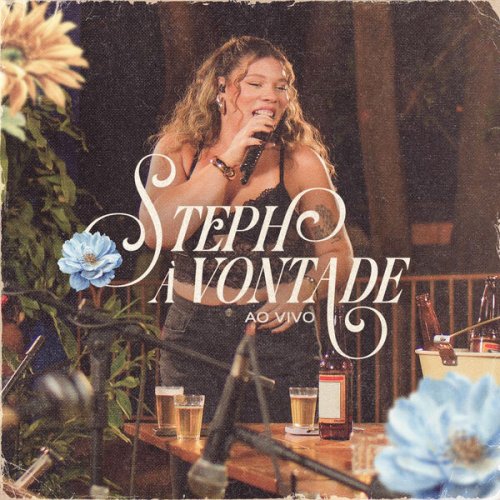L'arpa festante Rien Voskuilen - Johann Philipp Förtsch: Ich freue mich im Herrn - Musica sacra (2011)
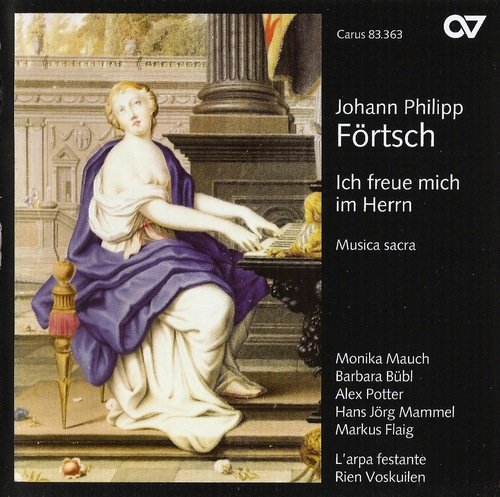
Artist: L'arpa festante Rien Voskuilen
Title: Johann Philipp Förtsch: Ich freue mich im Herrn - Musica sacra
Year Of Release: 2011
Label: Carus
Genre: Classical
Quality: FLAC (image+.cue,log,scans)
Total Time: 69:44
Total Size: 387 mb
WebSite: Album Preview
Tracklist: Title: Johann Philipp Förtsch: Ich freue mich im Herrn - Musica sacra
Year Of Release: 2011
Label: Carus
Genre: Classical
Quality: FLAC (image+.cue,log,scans)
Total Time: 69:44
Total Size: 387 mb
WebSite: Album Preview
Johann Philipp Förtsch (1652-1732)
[1] Ach, dass die Hulfe aus Zion
[2] Ich weiss, dass mein Erlöser lebt
[3] Verbum caro factum est
[4] Träufelt, ihr Himmel, von oben
[5] Veni Creator Spiritus (Hymnus)
[6] Ich freue mich im Herrn
[7] Lobet den Herren, alle Heiden
[8] Adesto mihi Domine
[9] Herr, wer wird wohnen
[10] Aus der Tiefen
[11] O adoranda trinitas
Performers:
Monica Mauch, soprano
Barbara Büb,l soprano
Alex Potter, altus
Hans Jörg Mammel, tenore
Markus Fraig, basso
L'arpa festante
Rien Voskuilen
Of the many second- and third-tier composers of the early and middle German Baroque, Johann Philipp Förtsch (1652–1732) ranks among the more obscure, though in his case it is due not to the quality of his music but to the fact that for him music became an Read more Kapellmeister of Schleswig in1680 by one of the opera’s cofounders, Duke Christian Albrecht of Holstein-Gottorf. The Duke was embroiled in political conflicts with neighboring Denmark, and was forced to flee to Hamburg in 1683, at which point Förtsch resumed his medical practice, obtaining a licentiate from the University of Kiel and setting up a practice in Husum. The financial security this provided gave him the leisure during the next six years to compose his 12 operas for the Hamburg stage, out of which only 40 individual arias survive. When the Duke returned to Schleswig in 1689, he made the composer court physician at Gottorg, whereupon the latter resigned his post as Kapellmeister and ended his musical career after only 15 years. When the duke died in 1694 his brother August Friedrich, the bishop of Lübeck, appointed Förtsch his personal physician and court counselor, entrusting him with diplomatic assignments. Förtsch proved so adept at this work that he served as administrator of the diocese for a period after the bishop’s death in 1705 and remained one of the most prominent personages of the episcopal court until his death.
In addition to his operas, Förtsch wrote 82 cantatas (including the 11 sacred concertos presented here), a funeral service, a collection of canons, and two papers on music theory. Nine of these 11 concerti receive their world premiere recordings on this disc. Stylistically two major influences overshadow the composer: Schütz and Buxtehude. If not reaching the imaginative heights and depths of those two masters, this music is well crafted and easily bears comparison with the products of such figures as Bruhns, Tunder, and Weckmann. The performances here, with the vocal soloists supported by an 11-member instrumental ensemble of Baroque strings, theorbo, and keyboards, are first-rate; of the singers I particularly like Markus Flaig, who sounds very much like Harry van der Kamp. The recorded sound has depth, richness, and spaciousness; the original German and Latin texts are provided with English translations. I have one complaint with the booklet layout: The complete list of performers is buried deep inside, at a considerable remove from the table of contents to which it is indexed.
Only one previous disc of music by Förtsch has been issued, by cpo with Roland Wilson and his ensemble Musica Fiata, a set of performers that is self-recommending and was duly praised by Ron Salemi in Fanfare 33:1. There is only one item duplicated between that disc and this one, “Aus der Tiefen,” so the collector of German Baroque sacred music will want to acquire them both; heartily recommended. -- James A. Altena
In addition to his operas, Förtsch wrote 82 cantatas (including the 11 sacred concertos presented here), a funeral service, a collection of canons, and two papers on music theory. Nine of these 11 concerti receive their world premiere recordings on this disc. Stylistically two major influences overshadow the composer: Schütz and Buxtehude. If not reaching the imaginative heights and depths of those two masters, this music is well crafted and easily bears comparison with the products of such figures as Bruhns, Tunder, and Weckmann. The performances here, with the vocal soloists supported by an 11-member instrumental ensemble of Baroque strings, theorbo, and keyboards, are first-rate; of the singers I particularly like Markus Flaig, who sounds very much like Harry van der Kamp. The recorded sound has depth, richness, and spaciousness; the original German and Latin texts are provided with English translations. I have one complaint with the booklet layout: The complete list of performers is buried deep inside, at a considerable remove from the table of contents to which it is indexed.
Only one previous disc of music by Förtsch has been issued, by cpo with Roland Wilson and his ensemble Musica Fiata, a set of performers that is self-recommending and was duly praised by Ron Salemi in Fanfare 33:1. There is only one item duplicated between that disc and this one, “Aus der Tiefen,” so the collector of German Baroque sacred music will want to acquire them both; heartily recommended. -- James A. Altena
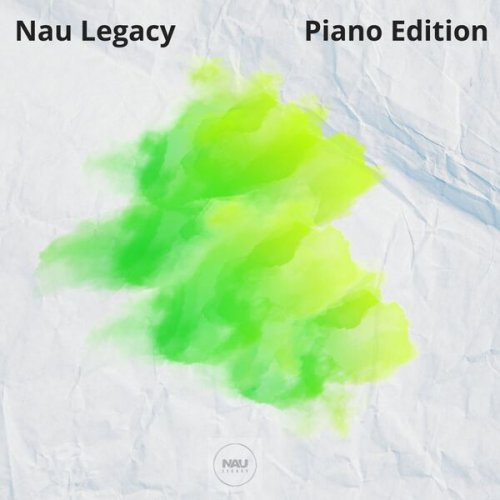
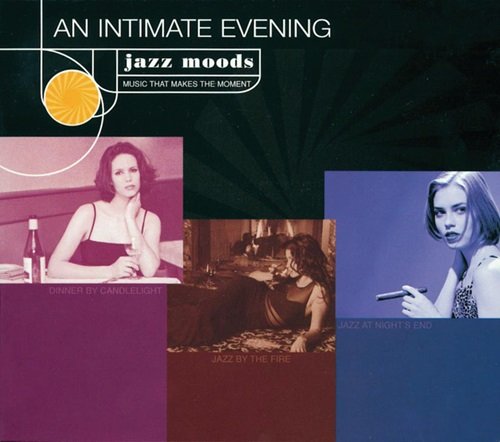
![The Mood Mosaic - Spaghetti Groove (The Italian Psychedelic Way) (2025) [Hi-Res] The Mood Mosaic - Spaghetti Groove (The Italian Psychedelic Way) (2025) [Hi-Res]](https://www.dibpic.com/uploads/posts/2025-12/1766134183_k1k4hhixemtxa_600.jpg)
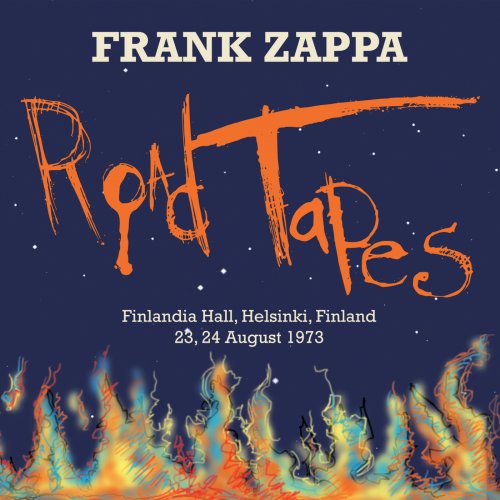
![LRK Trio, Elizaveta Korneyeva and Euphoria Orchestra - LRK Orchestra (2025) [Hi-Res] LRK Trio, Elizaveta Korneyeva and Euphoria Orchestra - LRK Orchestra (2025) [Hi-Res]](https://www.dibpic.com/uploads/posts/2025-12/1766210674_qm8oj75twl1x5_600.jpg)
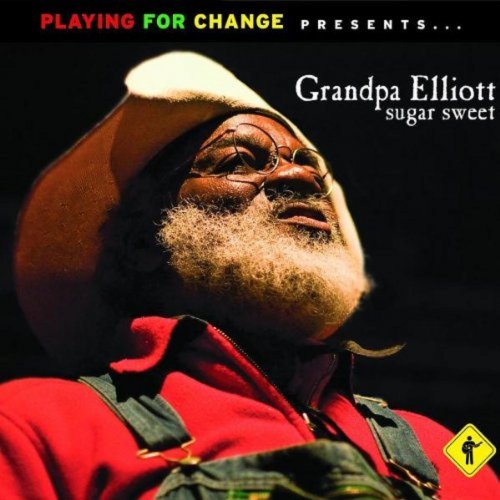
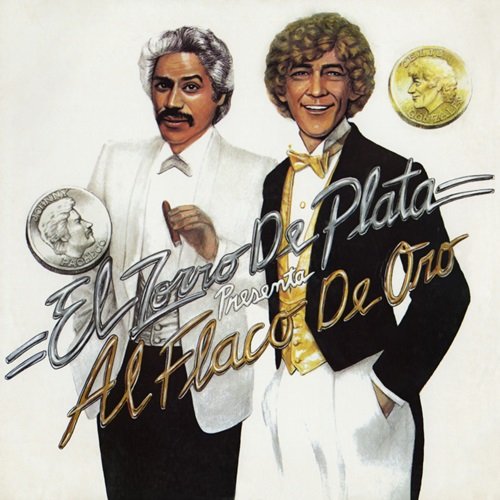
![Teho Teardo, Blixa Bargeld - Christian & Mauro (2024) [Hi-Res] Teho Teardo, Blixa Bargeld - Christian & Mauro (2024) [Hi-Res]](https://img.israbox.com/img/2025-12/21/bjlcx9vjtvjfc16apdpl5r09h.jpg)
